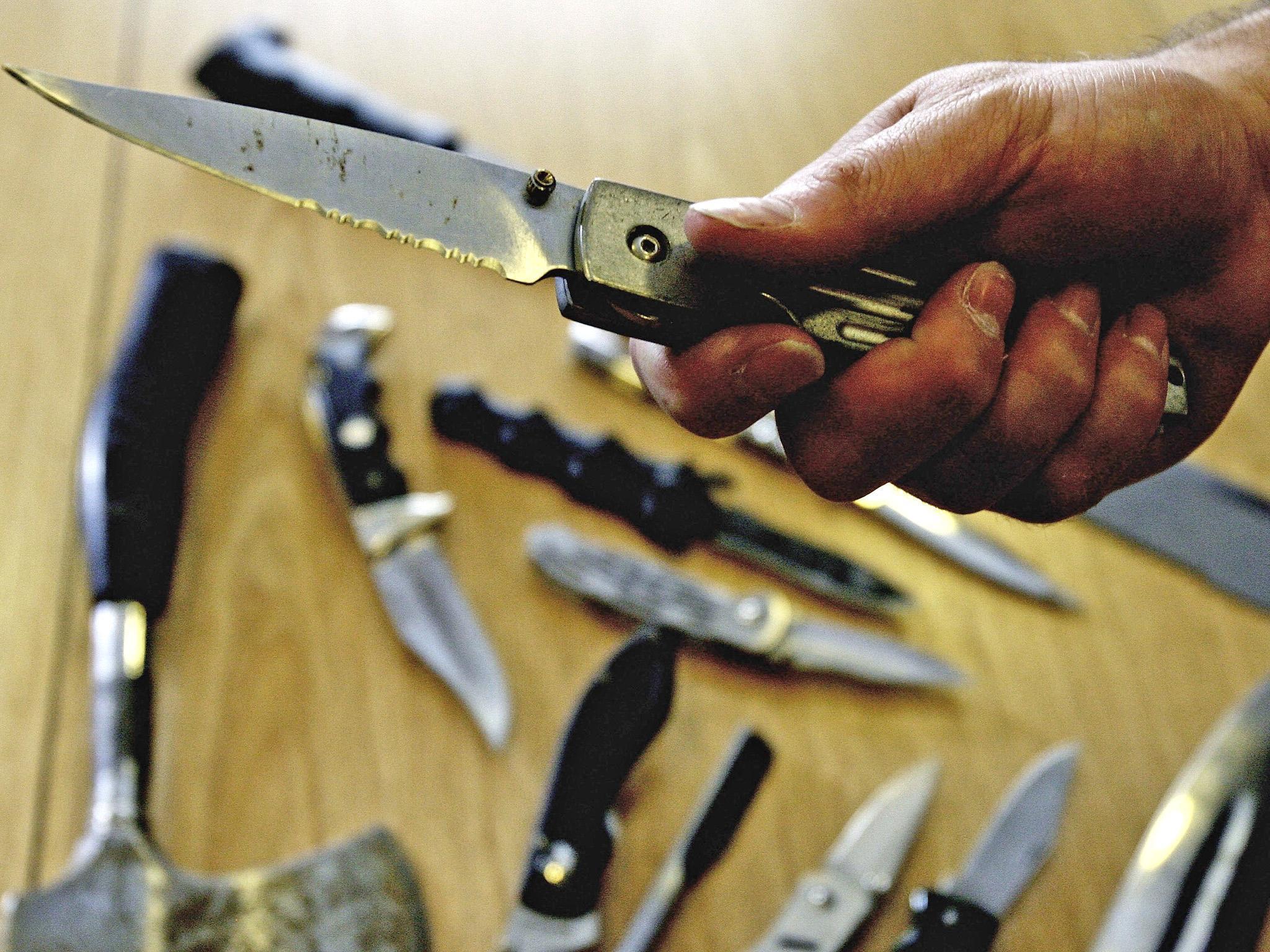The Government must get to grips with youth violence and gangs
It's time we adopted an 'Every Teenager Matters' approach to violent crime in the UK


The Oscars take place this Sunday. At the 1991 awards John Singleton was nominated for Best Director and Best Original Screenplay for his film Boyz n the Hood, making him the youngest person ever to be nominated for Best Director and, in contrast to this year’s all white awards, the first African-American to be nominated for the award.
The film, which starred Cuba Gooding Jr alongside Ice Cube and Lawrence Fishburne, tells the story of a young black teenager growing up in South Central Los Angeles, surrounded by gang activity and serious violence. Watching the film, one thinks this is a world away from the experience of young teenagers growing up in the UK now. But, though different and perhaps not quite as extreme, the reality of life for some of our young people in Britain is not at all dissimilar.
Serious youth violence and the proliferation of gang activity hit the UK headlines in a big way from 2007, starting with the shooting of Andre Smartt-Ford in broad daylight at an ice rink in my constituency. What followed was a catalogue of tragedy on the streets of London, with 29 teenagers losing their lives in 2008.
The number of fatalities abated, but the problem never went away. Following recent falls between 2009 and 2012, the last three years has seen a notable upsurge in the levels of violence. The number of serious youth violence offences has increased by 13.4 per cent and the number of offences the Met associates with within gang activity increased by 25 per cent during this period in the capital. Whereas 11 teenagers were murdered in 2014 in London alone, 17 were killed in 2015.
The reasons for what is happening are many and varied, but are not new. Yes, some of the young perpetrators of these acts come from dysfunctional chaotic families, often with a history of domestic violence. However, many come from stable families where you have two parents sometimes holding down two jobs each just to make ends meet, with the result that they don’t have enough time to spend with their children. There is then the issue of the lack of things for young people to do – youth provision outside of school hours is lacking and youth work is not treated with the respect it deserves.
We also have a popular culture which glamorises the lifestyle that goes with gang culture with insufficient education at school to spell out the realities of what it brings. And then, for those who leave school, there are not enough job opportunities. A disproportionate number of young people who are perpetrators of crimes are out of work – the youth unemployment rate is more than double the total rate.
So what is to be done? In government Labour introduced the notion of “Every Child Matters”, where the strategic aim was to provide wrap around care for children from before school started until after long after school had finished. I think it is high time we adopted an “Every Teenager Matters” approach – a more targeted version of that initiative to address this problem.
Second, we need to elevate the standing of youth work and develop it to be seen as a profession as opposed to something that many community minded people will do in addition to a full time job – youth work is a full time job and it needs to be properly funded. Third, the Government should reverse their decision to disband the Ending Gang Violence and Exploitation Peer Review Network, which consults on best practice in this area to local authorities and others. This is due to end in April. Fourth, we need to ensure that our young are properly taught in schools about the consequences of what they do.
Finally, the leaders of the groups that go around perpetrating these acts of violence need to be targeted in a concentrated way by the Police, who should adopt a zero tolerance policy. There is no doubt more that can be done beyond these suggestions.
On Tuesday I will be leading the first prime time debate in the House of Commons on these issues because only when we properly focus and show a will to get to grips with this issue, will we be able to stop the tragedy that continues to blight the lives of the next generation.
Chuka Umunna is the Labour Member of Parliament for Streatham and a member of the Home Affairs Select Committee.
Join our commenting forum
Join thought-provoking conversations, follow other Independent readers and see their replies
Comments
Bookmark popover
Removed from bookmarks